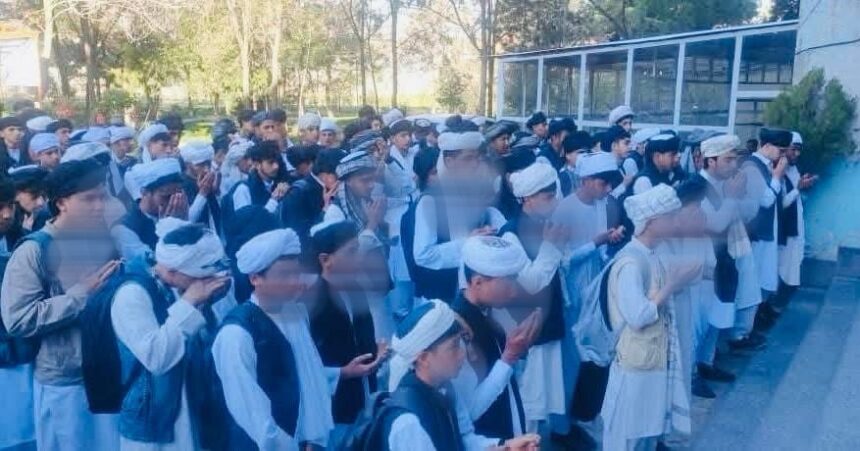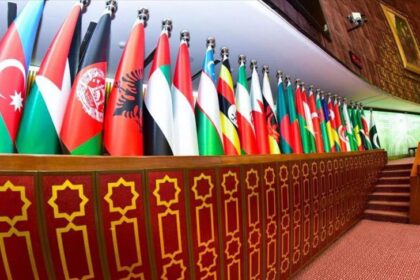RASC News Agency: A recent decree by the Taliban’s Ministry of Education mandating a standardized school uniform consisting of a traditional long shirt (perahan), trousers (tumban), and a cap or turban has provoked widespread concern among students and their families in Kandahar and Helmand provinces. The regulation, which is now being rigidly enforced, has triggered a wave of discontent, particularly among economically vulnerable households who view the policy as an additional and unjust burden amid deepening financial hardship.
Students have reported being barred from classrooms for failing to comply with the new dress code. In numerous instances, school officials have turned students away at the gates, instructing them to return only when dressed in the prescribed attire. Many of these students assert that repeated denials of entry have disrupted their education and compounded stress for their families, who are often unable to afford the mandated garments. “This policy is less about school discipline and more about deepening inequality,” said one student. “For families that can barely afford notebooks or pens, buying new clothes is simply out of reach.”
Parents echo these concerns, arguing that instead of fostering discipline, the uniform mandate exacerbates economic pressure and undermines students’ ability to concentrate on their studies. They are urging authorities to consider the economic realities faced by most Afghanistani citizens and to propose feasible, inclusive approaches to any regulatory changes in the education sector. Critics emphasize that while promoting uniformity may foster a degree of order in educational environments, it must never obstruct access to schooling especially in a fragile nation where millions of children already contend with systemic barriers. The rigid imposition of Taliban-specific attire, they argue, reflects a broader attempt to enforce ideological conformity rather than promote educational inclusivity.
With discontent mounting across communities and social media platforms, civil society voices, educators, and international observers are increasingly urging the Taliban to adopt policies that prioritize access to education over symbolic displays of control. They warn that further alienation of Afghanistani youth risks intensifying societal fractures and eroding trust in the country’s already embattled educational infrastructure.






